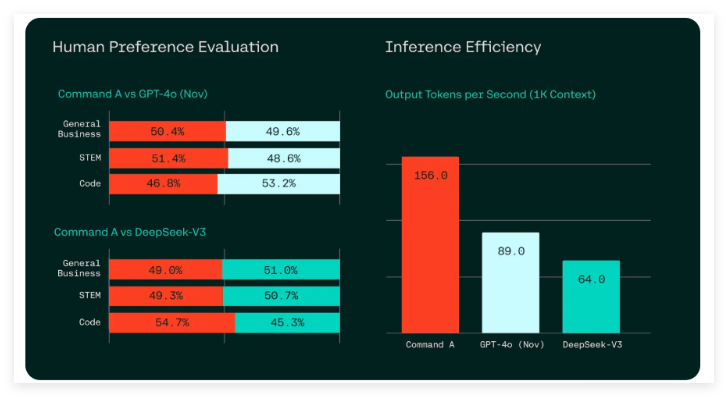Recently, 14 publishers, including Condé Nast, The Atlantic, and Forbes, have jointly sued the AI startup Cohere, accusing it of "systematic" copyright infringement.

According to the complaint, the publishers accuse Cohere of using at least 4,000 copyrighted works to train its AI models and displaying large excerpts and even entire articles to users, which severely impacts the publishers' traffic. Additionally, the lawsuit points out that Cohere has infringed on the publishers' trademarks by creating "fabricated" content that was not actually published by these outlets.
Josh Gartner, Cohere's communications head, issued a statement regarding the case, asserting that the company believes its practices in training enterprise AI are responsible and that the lawsuit is "misleading and absurd." Gartner further stated that the company has always valued control measures to reduce the risk of intellectual property infringement and respects the rights of copyright holders. He mentioned that they hope to engage in dialogue with the publishers to discuss specific concerns rather than addressing these issues through litigation. They look forward to resolving this matter in a way that is favorable to the company.
This lawsuit against Cohere is one of several recent copyright lawsuits targeting AI companies. Many AI companies, including OpenAI, have adopted content licensing strategies partly to prepare for potential legal challenges while also arguing that their use of copyrighted materials falls under fair use.
Key Points:
📚 14 publishers have jointly sued Cohere, accusing it of copyright infringement by using a large number of protected works to train its AI models.
⚖️ Cohere responds, calling the lawsuit "misleading and absurd," and expresses willingness to engage in dialogue with the publishers.
📰 This case is one of several recent copyright lawsuits against AI companies, as the industry faces legal challenges.









